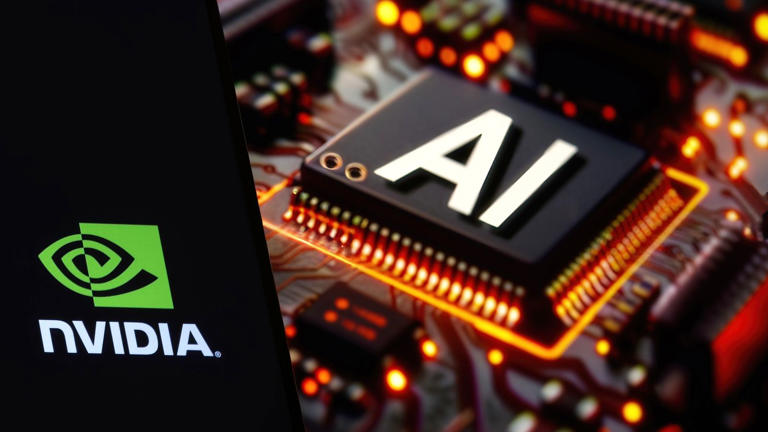Last year, when the first murmurs emerged regarding AMD’s and Nvidia’s potential ventures into developing Arm-based processors tailored for PCs, the tech community was understandably cautious. After all, both companies had long been associated primarily with the datacenter realm, with their technologies powering servers and high-performance computing systems. However, recent statements from industry leaders Michael Dell, CEO of Dell, and Jensen Huang, CEO of Nvidia, have injected fresh momentum into these speculations, hinting at a significant shift in direction.
In an intriguing exchange during a Bloomberg interview, Michael Dell tantalizingly urged Bloomberg’s Ed Ludlow to “come back next year” when queried about Nvidia’s role in the burgeoning AI PC segment. Jensen Huang’s cryptic response of “exactly” further fueled speculation, suggesting a tacit acknowledgment of Nvidia’s intentions to enter the Windows-on-Arm AI PC market with its own processors. Such statements from industry stalwarts serve as compelling indicators of the evolving landscape and the potential disruption that lies ahead.
The allure of the AI PC segment is undeniable, with an annual market volume of approximately 280 million PCs globally. This vast market opportunity beckons Nvidia, enticing the company to explore new avenues beyond its traditional domains. With a formidable arsenal of technologies at its disposal, including Arm general-purpose cores, GeForce graphics processors renowned for their gaming prowess, and Tensor cores tailor-made for AI workloads, Nvidia possesses the requisite ingredients to craft bespoke system-on-chips (SoCs) tailored explicitly for PC applications.
Moreover, Nvidia’s strategic foray into AI-powered PCs holds promise not only for revolutionizing personal computing but also for extending its reach into adjacent markets. Beyond traditional PCs, such SoCs could find utility in game consoles, where immersive gaming experiences demand robust AI capabilities, as well as in a myriad of embedded devices seeking to leverage AI at the edge for enhanced functionality and efficiency.
Crucially, Nvidia’s existing portfolio of GPUs, particularly the acclaimed GeForce RTX 30 and 40 series, already boasts AI acceleration capabilities. These GPUs, equipped with cutting-edge Tensor cores, have democratized AI experiences, empowering millions of PC users worldwide to unlock new dimensions of performance and creativity across diverse applications.
While Nvidia has yet to officially confirm its reentry into the Windows PC market with proprietary processors, the company’s strategic maneuvers suggest a calculated approach to capitalizing on emerging opportunities. Alternatively, Nvidia may opt to license its intellectual property to third-party partners, enabling it to penetrate the market while mitigating risks and maximizing profitability.
In either scenario, Nvidia’s potential incursion into the AI PC segment underscores its unwavering commitment to innovation and diversification. As the computing landscape continues to evolve, driven by the relentless march of AI, Nvidia stands poised at the forefront of this transformation, poised to redefine the boundaries of possibility and usher in a new era of intelligent computing experiences.
